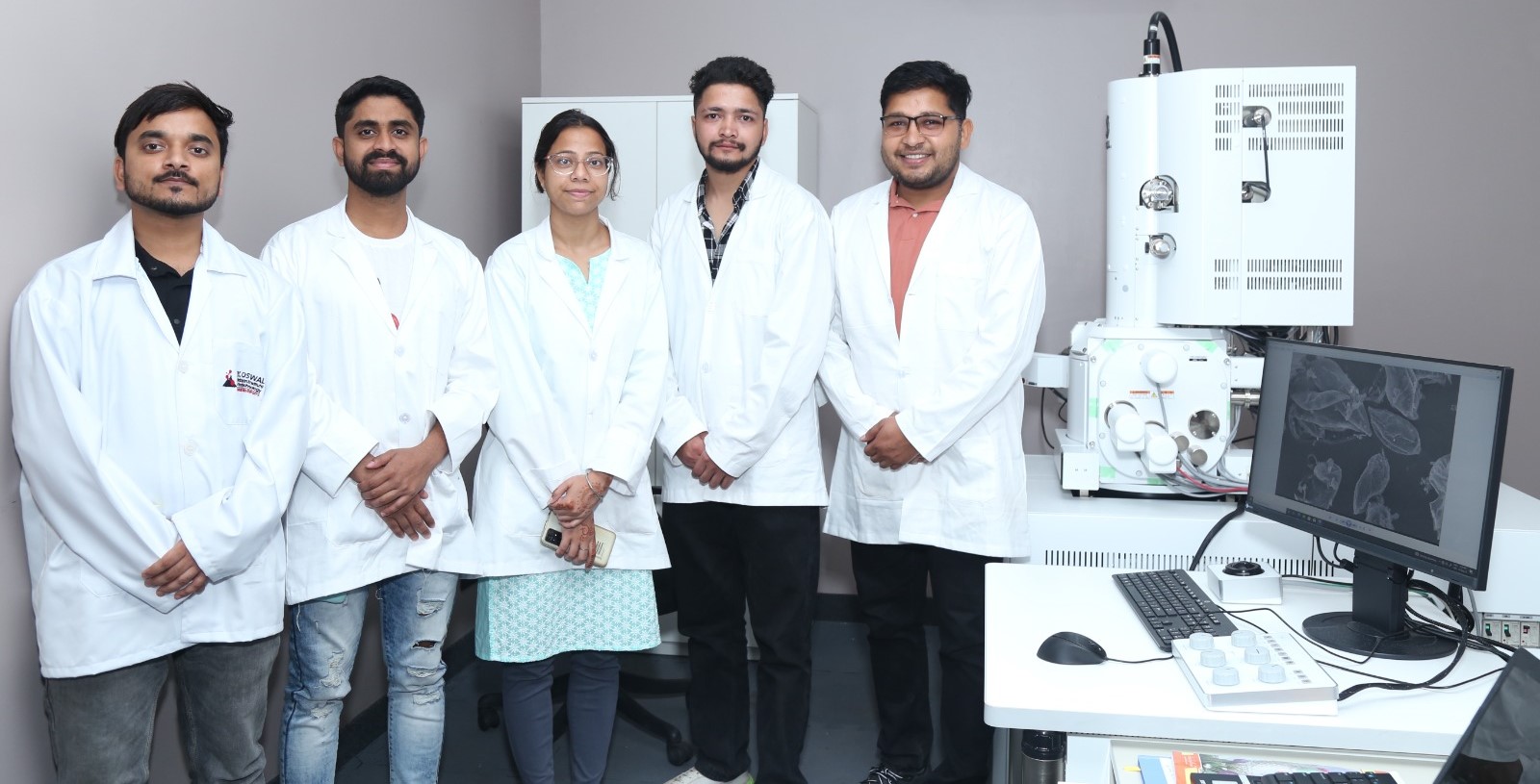
Biology
Research at the intersection of biology and happiness offers exciting opportunities for multidimensional studies.
Research Topics- Neurobiology of Happiness: Investigate the neural mechanisms underlying happiness and well-being. Explore how neurotransmitters, brain regions, and neural circuits contribute to positive emotions and subjective well-being.
- Genetics of Happiness: Examine the genetic factors influencing individual differences in happiness and life satisfaction. Conduct twin and family studies to elucidate the heritability of happiness and identify specific genetic variants associated with positive psychological traits.
- Epigenetics and Happiness: Explore the role of epigenetic modifications in regulating gene expression related to happiness. Investigate how environmental factors such as stress, diet, and lifestyle choices influence epigenetic processes and contribute to subjective well-being.
- Hormones and Happiness: Investigate the role of hormones such as serotonin, dopamine, oxytocin, and endorphins in regulating mood and emotional states. Examine how fluctuations in hormone levels impact happiness, resilience, and emotional regulation.
- Immune System and Happiness: Explore the bidirectional relationship between the immune system and happiness. Investigate how immune function influences psychological well-being and vice versa, how positive emotions and social connections modulate immune responses.
- Microbiome and Happiness: Investigate the gut-brain axis and its role in regulating mood and emotional states. Examine how the composition and diversity of gut microbiota influence mental health outcomes, including happiness and resilience.
- Evolutionary Perspectives on Happiness: Apply evolutionary theory to understand the adaptive functions of positive emotions and happiness. Explore how happiness may have evolved as a mechanism for promoting survival, reproduction, and social cohesion in human ancestors.
- Biological Correlates of Positive Interventions: Evaluate the physiological effects of positive psychology interventions such as gratitude practices, kindness meditation, and mindfulness-based therapies. Investigate how these interventions modulate biological pathways associated with happiness and well-being.
- Biological Markers of Subjective Well-Being: Identify objective biomarkers or physiological indicators of subjective well-being. Develop psychophysiological measures that can reliably assess happiness and related constructs in research and clinical settings.
- Integrative Models of Biological and Psychological Factor: Develop integrative models that incorporate biological, psychological, and social factors to explain the complex interplay between biology and happiness. Explore how individual differences in genetics, neurobiology, and physiology interact with environmental influences to shape subjective well-being across the lifespan.
By exploring these interdisciplinary research topics, scientists can gain a deeper understanding of the biological underpinnings of happiness and pave the way for novel interventions aimed at promoting well-being and enhancing quality of life.

